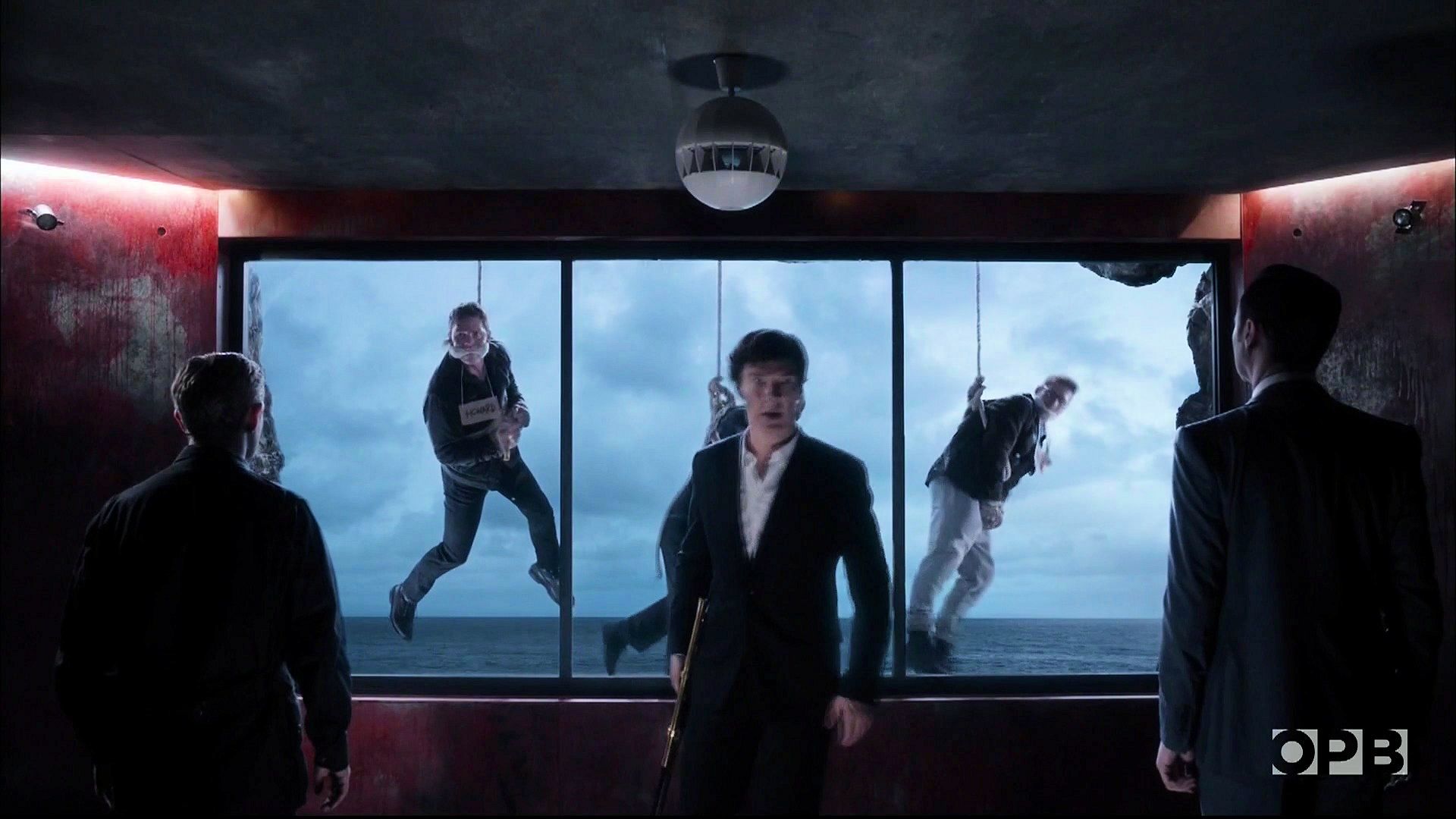

Doing it this way, it will set you back £21.20 in English money to read the saga through.Ī less crippling alternative would be to purchase the Doubleday omnibus introduced by the old-time (in fact, late) Sherlockian Christopher Morley, which reproduces the whole corpus-four novels and fifty-six short stories-on goodish paper for slightly under nine bucks, the contents being as good as in the nine-volume version. The dust-wrappers of all nine volumes are carried out in black and gold, a color combination which in Britain is supposed to put you in mind of John Player Specials, a ritzy line in cigarettes. To follow the order in which Doyle gave them to the world, the short story collections are The Adventures of Sherlock Holmes (introduced by Eric Ambler), The Memoirs of Sherlock Holmes (Kingsley Amis), The Return of Sherlock Holmes (Angus Wilson), His Last Bow (Julian Symons), and The Case-Book of Sherlock Holmes (C. When you add to this four-volume set of the novels the five-volume reissue of the short story collections, it certainly provides a dazzling display.

What each man has to say is well worth hearing, even if not always strictly relevant to the novel it introduces. Apart from Fowles, the men on the case are Hugh Greene ( A Study in Scarlet), his brother Graham Greene ( The Sign of Four), and Len Deighton ( The Valley of Fear). Still, the new books look splendid all lined up, and the introductions are very interesting. This is an expensive way of doing things, but the books are so good-looking it is hard to quarrel, although the childhood memory of reading all the Sherlock Holmes “long stories” in one volume (and all the short stories in another volume), well printed on thin but opaque paper, dies hard. It is also to disparage Doyle, as John Fowles pointed out in his introduction to The Hound of the Baskervilles, one of the four Sherlock Holmes novels handsomely reissued in Britain early last year, each as a single volume. To give your life, or any significant part of it, to the study of Sherlock Holmes is to defy reason. Most decidedly not: this is a field in which all credentials, and especially impeccable ones, are suspect. What follows is a preliminary classification, done with no claims to vocational, or even avocational, expertise. The temptation to speculate about why this should be is one I don’t propose to resist, but first there is the task of sorting the weighty from the witless in the cairn of Sherlockiana-they say that, too-currently available. Sherlockology-the adepts call it that, with typical whimsy-is a sort of cult, which has lately become a craze.

Sherlock has always been popular, on a scale never less than worldwide, but the subsidiary literature which has steadily heaped up around him can’t be accounted for merely by referring to his universal appeal. Sir Arthur Conan Doyle wrote little about Sherlock Holmes compared with what has been written by other people since.


 0 kommentar(er)
0 kommentar(er)
